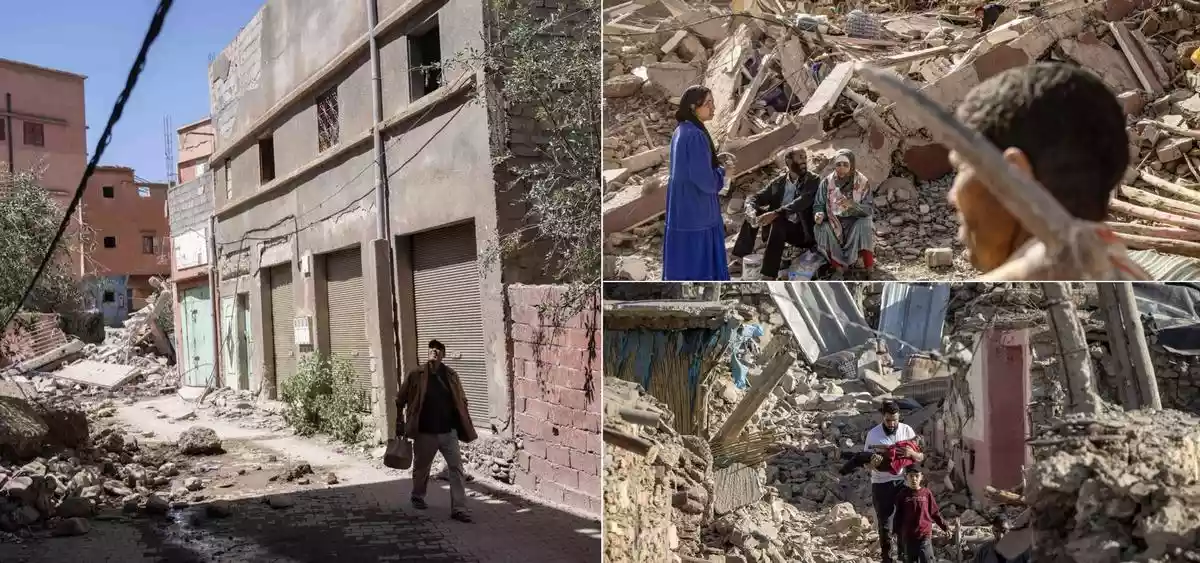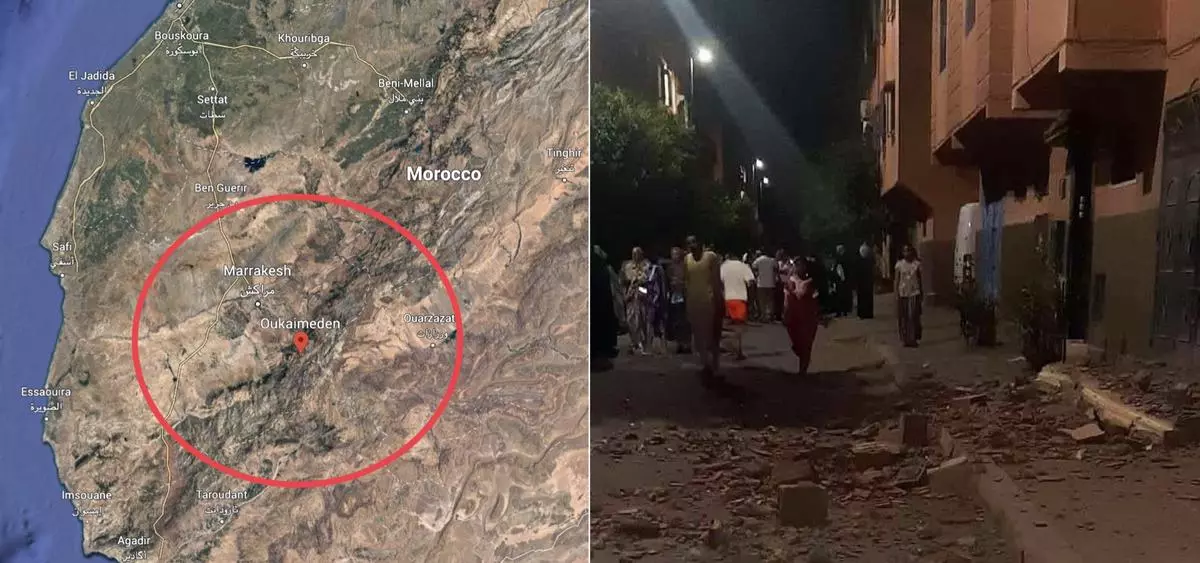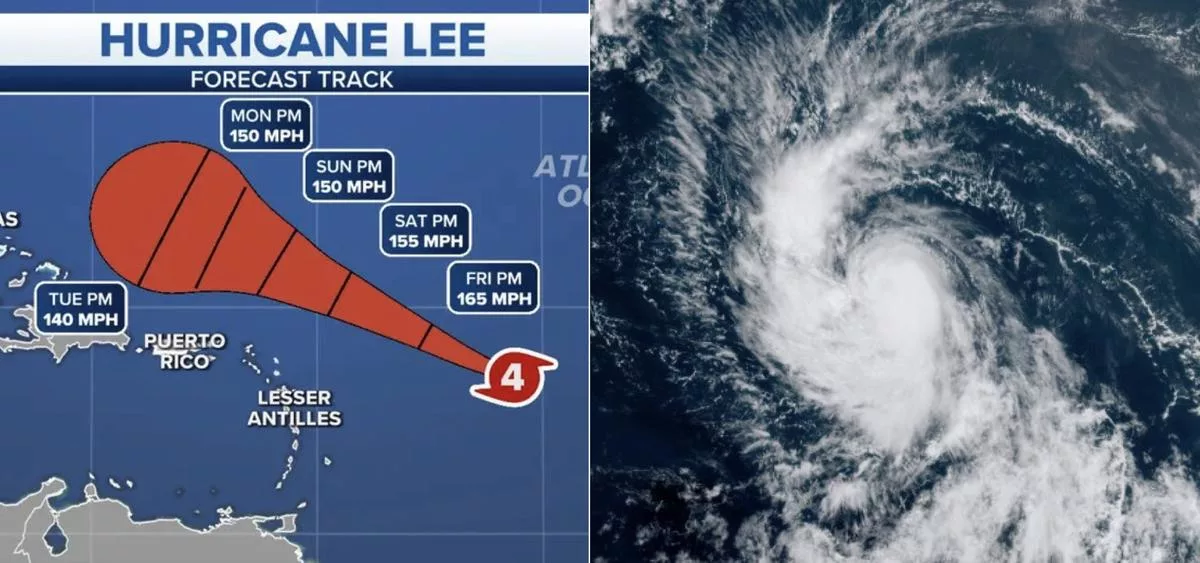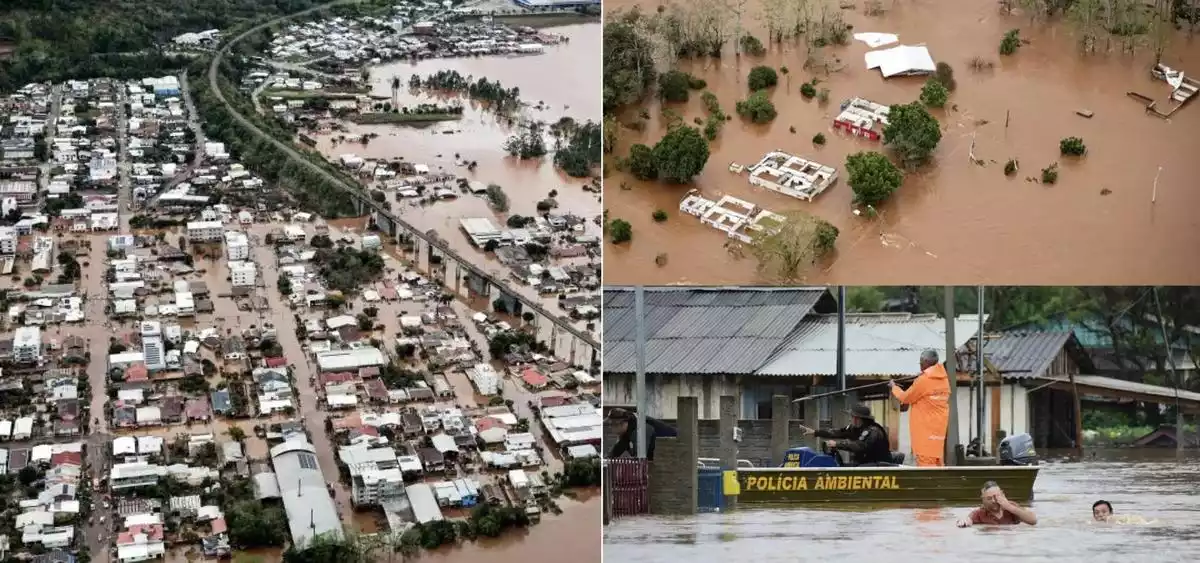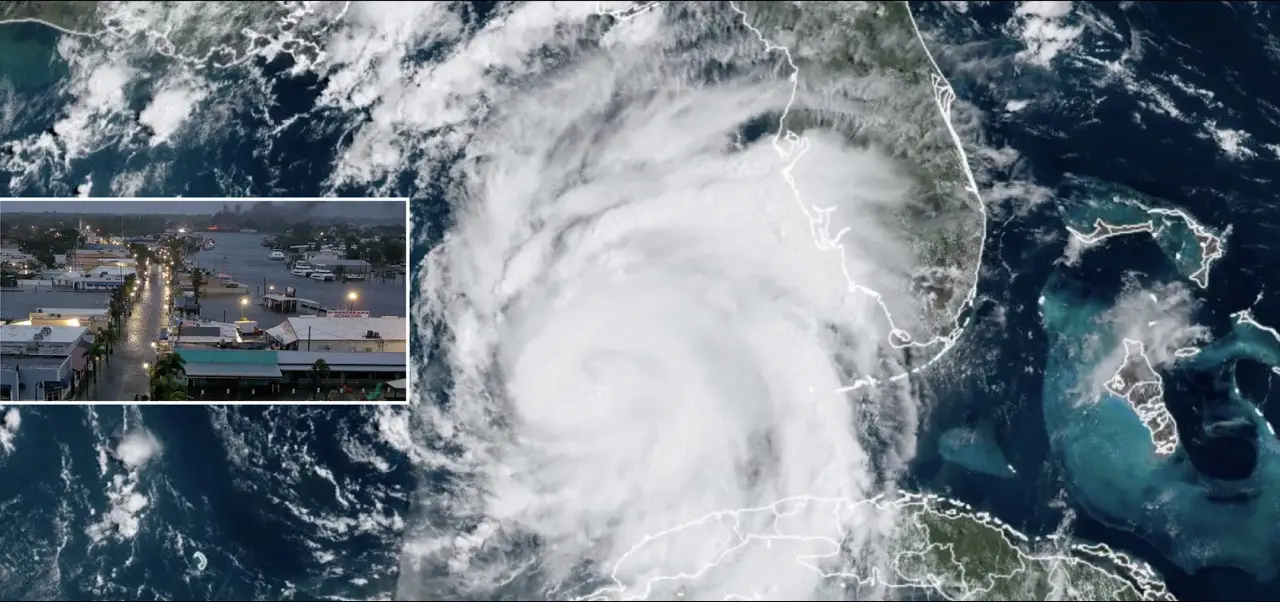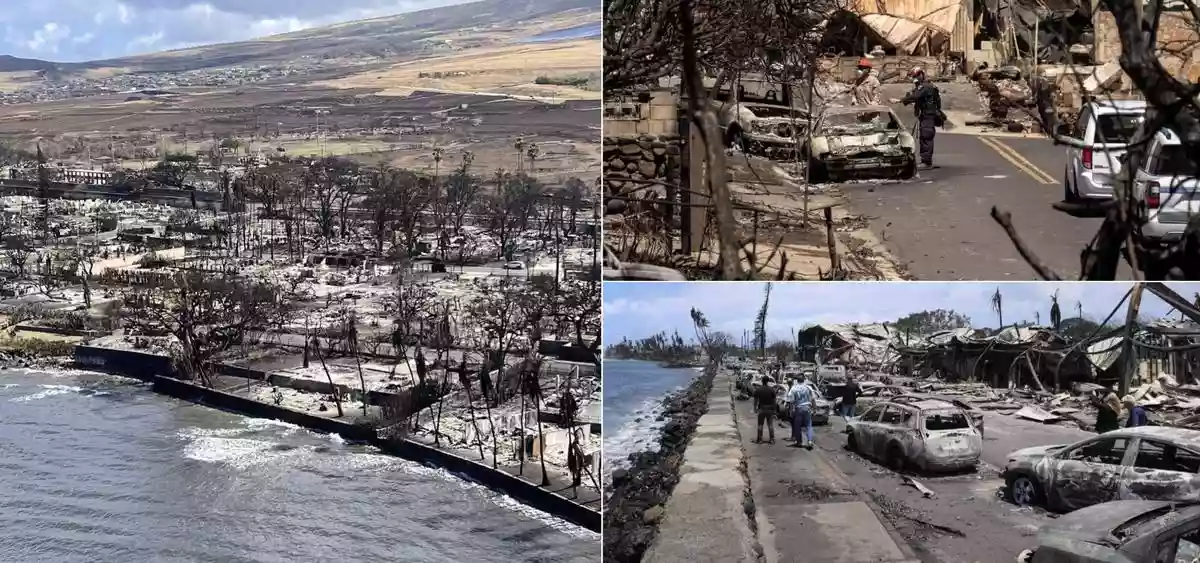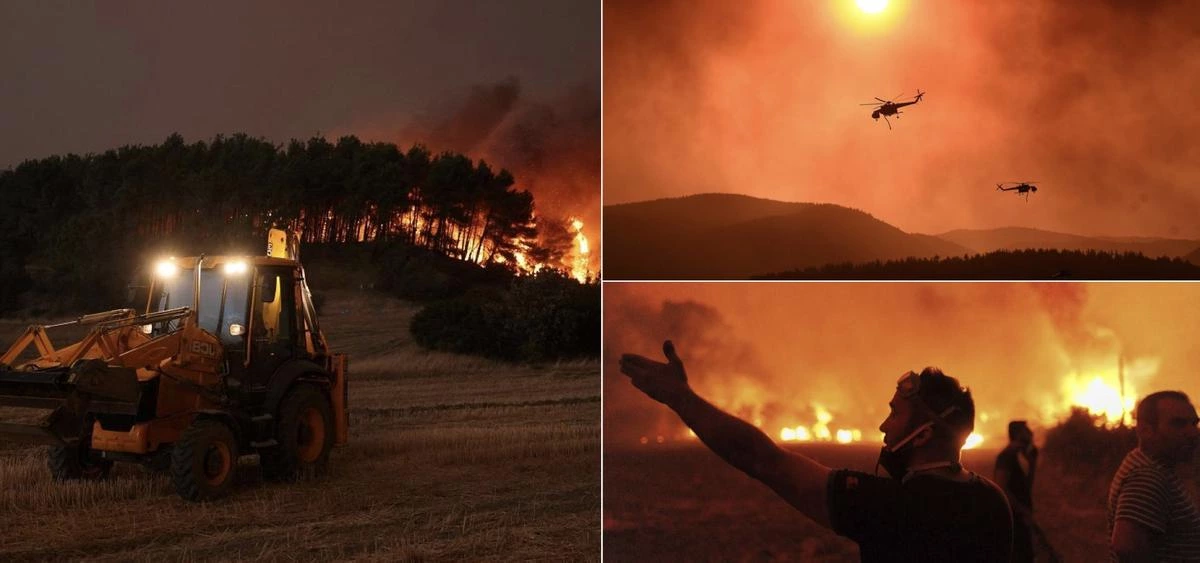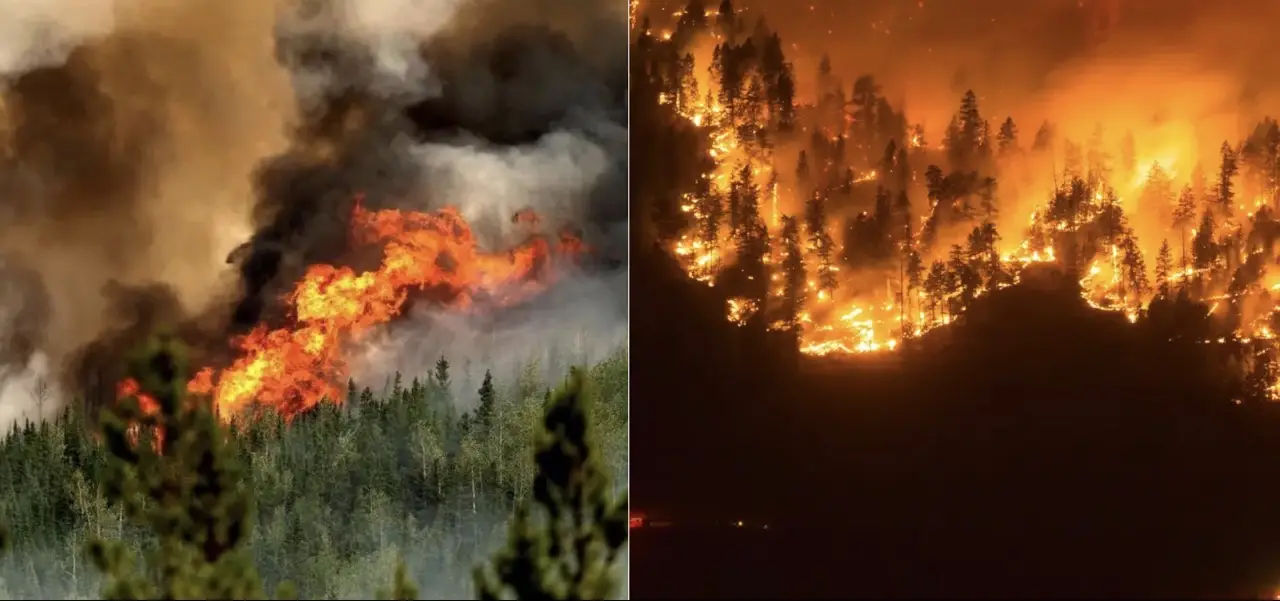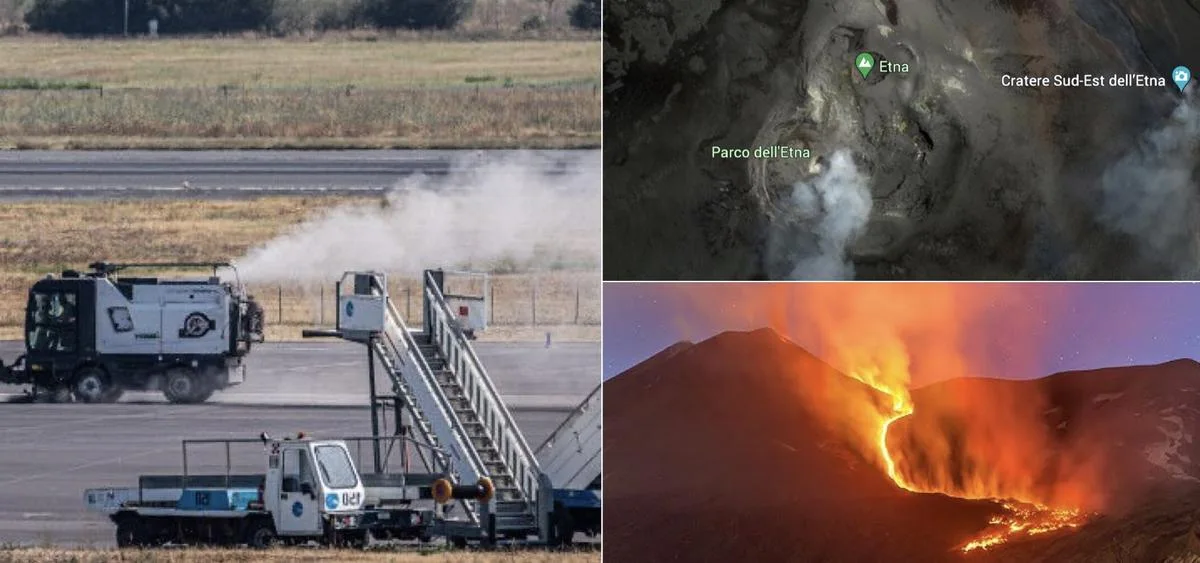Due to the severe air pollution crisis in major Midwest cities like Chicago and Detroit, where the smoke has caused the Air Quality Index to reach “very unhealthy” levels, the actions taken by local authorities urge residents to minimize outdoor exposure amidst ongoing air quality concerns.
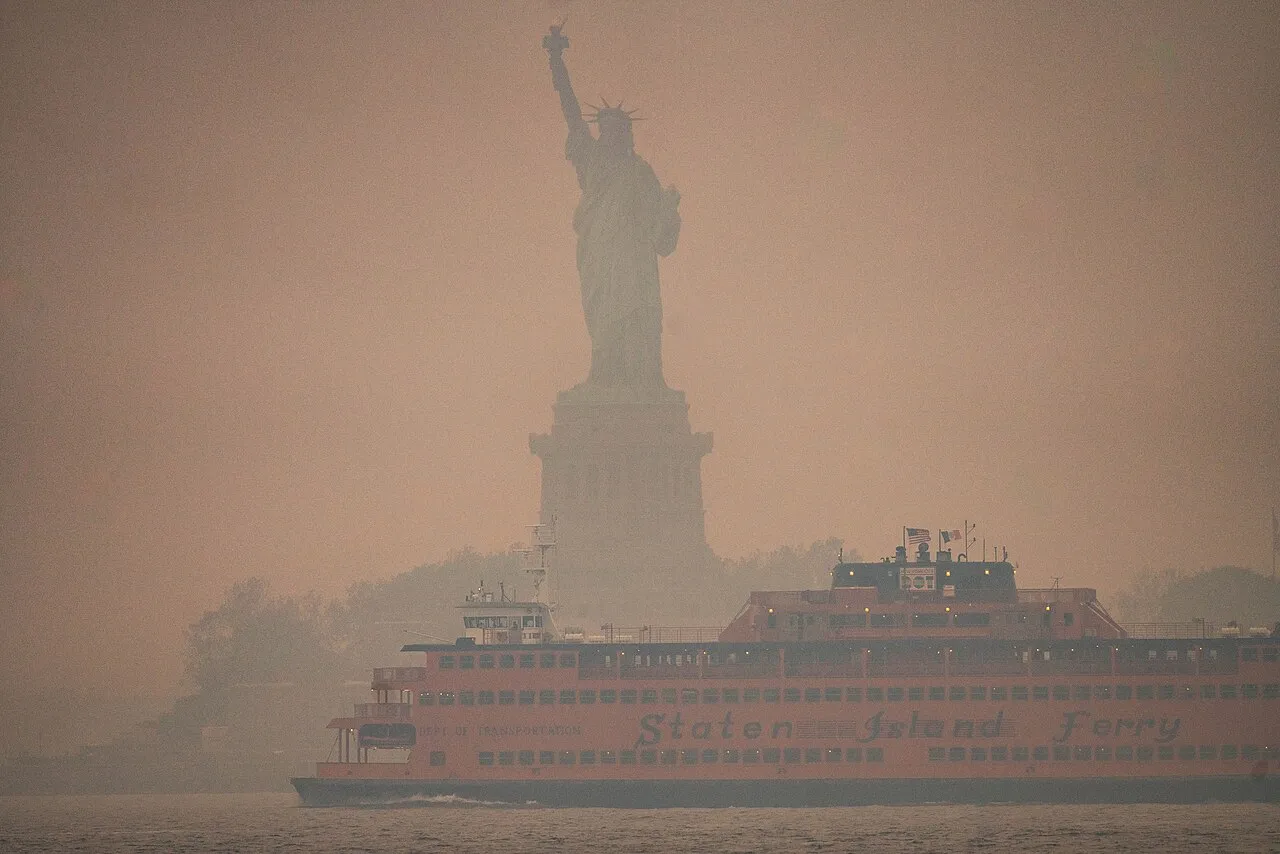
Photo Credit: Anthony Quintano, via Wikimedia Commons
If you go outdoors today and smell smoke, don’t think it’s an early July Fourth cookout. The Midwest region of the United States, particularly the northern parts, is currently being affected by the smoke drifting south from the Canadian wildfires. Illinois State Climatologist Trent Ford has urged residents to stay indoors and limit their time outdoors due to the unhealthy air quality.
According to the National Weather Service, air quality alerts have been issued for a significant portion of the Midwest, encompassing states such as Iowa, Illinois, Wisconsin, Michigan, and Indiana. Additionally, parts of Pennsylvania and New York are also under these alerts. Approximately 92 million people across the United States are affected by these alerts, indicating the widespread impact of the Canadian wildfires on air quality.
The smoke from the Canadian wildfires has caused a visible haze and decreased visibility in many areas. State government agencies and other organizations have advised residents, not just those considered “sensitive” due to health conditions, to take the warnings seriously and minimize their outdoor activities. The Illinois Environmental Protection Agency has issued an air quality alert in effect until midnight Wednesday, and similar advisories have been put in place in other states.
The smoke has engulfed major cities in the region, with Chicago experiencing the worst air quality on Tuesday. The city’s Air Quality Index (AQI) reached a “very unhealthy” level for all age groups, surpassing even international cities in terms of poor air quality. Detroit also faced severe air pollution, ranking as the second-worst in the world. These conditions have prompted local authorities to take action and encourage residents to avoid strenuous activities and limit their time outdoors.
Mayor Brandon Johnson of Chicago emphasized the significance of air quality concerns and the impact of the climate crisis on residents’ health. As wildfire smoke continues to affect the region, officials are using various methods, including robocalls and billboards, to raise awareness and provide guidance to the public. They urge residents to be vigilant and seek medical help if they experience symptoms related to poor air quality.
The ongoing Canadian wildfires have become a cause for concern, as they are already surpassing previous records. Canada has experienced an unprecedented year of fires, with smoke reaching not only the United States but also parts of western Europe, more than 2,000 miles away. The intensity and scale of the wildfires indicate the potential influence of climate change, which experts suggest could lead to more frequent extreme weather events.
While the immediate forecast calls for continued poor air quality in the Midwest, there is hope on the horizon. Meteorologists expect storms later in the week to move the smoke farther east, providing relief to the affected areas. However, the situation remains unpredictable, as it depends on weather patterns and the progression of the wildfires in Canada.
For now, it is crucial for residents in the Midwest to prioritize their health and safety. Illinois State Climatologist Trent Ford advises staying indoors and using masks rated N95 or better if venturing outside becomes necessary. As the summer progresses, the region may experience recurring episodes of poor air quality due to the ongoing wildfires.
To stay informed about air quality conditions, individuals can refer to resources such as AirNow, an interactive air-quality map maintained by various government agencies and organizations. These platforms provide real-time updates and guidance to help the public make informed decisions regarding their outdoor activities and personal well-being.
As the Midwest battles the impacts of the Canadian wildfires, it serves as a reminder of the far-reaching consequences of environmental challenges. The urgent need for collective action to address climate change becomes even more evident with events like these highlighting its direct impact on people’s health and everyday lives.
Stay connected with Today On Globe for the latest Global Issues and News Updates.
Explore more related articles at [TOG News / TOG Article]



